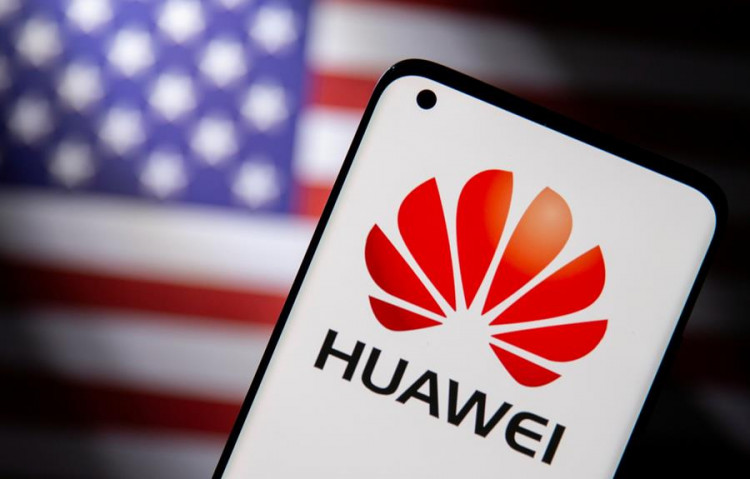Canada announced on Thursday that it will ban the use of Huawei Technologies and ZTE Corp's 5G equipment to defend national security, joining the rest of the Five Eyes intelligence-sharing network.
Industry Minister Francois-Philippe Champagne told reporters in Ottawa, "We intend to prohibit Huawei and ZTE from our 5G networks."
"Under the measures we're proposing today, providers that currently have this equipment installed will be compelled to quit using it and remove it," he said.
Champagne noted that corporations will not be paid for removing their 5G equipment until June 2024. Companies must remove their 4G equipment by the end of 2027.
The widely anticipated decision was postponed because of diplomatic tensions with China. The remainder of the Five Eyes network - Canada, the United States, the United Kingdom, Australia, and New Zealand - have already outlawed the technology.
Canada initially indicated in September 2018 that it will investigate potential vulnerabilities to national security posed by the adoption of Huawei technology.
Then, in December of the same year, the Chief Financial Officer of Huawei, Meng Wanzhou, was detained in Canada on a U.S. warrant, sparking a protracted conflict with China that lasted until September of last year, when Meng was ultimately released.
After Meng's detention, Beijing arrested and charged two Canadians of espionage. Meng was released on the same day as two other men.
Currently, diplomatic tensions between China and Canada have diminished. China lifted a three-year ban on imports of Canadian canola seed on Wednesday, reversing a measure seen as retaliation for Meng's arrest.
Telecom providers in Canada have already decided to employ 5G hardware manufactured by other companies prior to the decision announced on Thursday.
A spokesperson for the Chinese embassy in Canada described the supposed security concerns as a "pretext for political manipulation" and accused Canada of cooperating with the United States to stifle Chinese businesses.
In an interview with the Canadian Broadcasting Corporation, Alykhan Velshi, vice president of corporate affairs for Huawei in Canada, stated that the business has yet to hear "what sort of national security dangers they believe Huawei poses."
Huawei retains 1,500 personnel in Canada, primarily in research and development, and will continue to sell mobile phones, according to Velshi.
ZTE did not respond quickly to requests for comment.
Bell Canada and Telus, two of Canada's largest wireless operators, signed up with Ericsson and Nokia Oyj in 2020 to create fifth-generation (5G) telecoms networks, bypassing Huawei despite employing Huawei 4G equipment.






